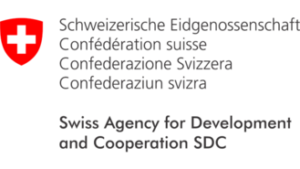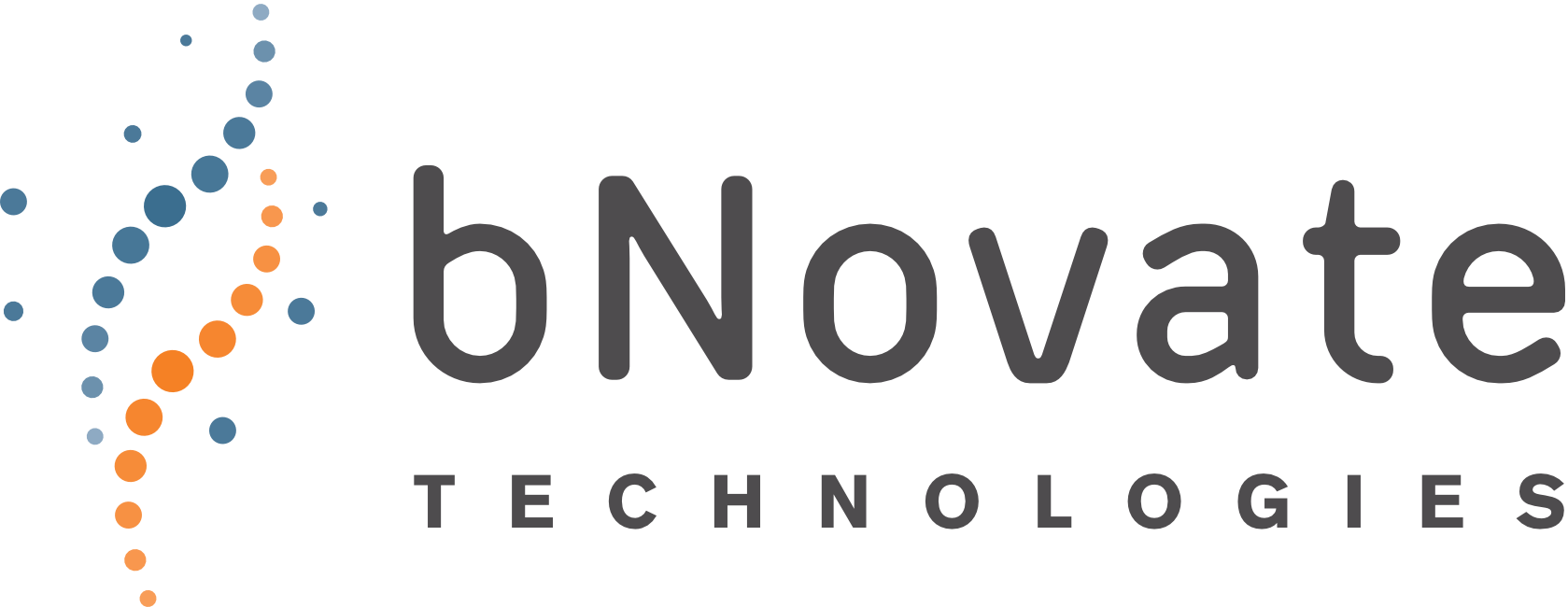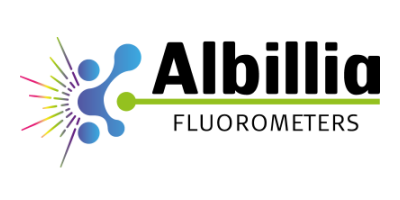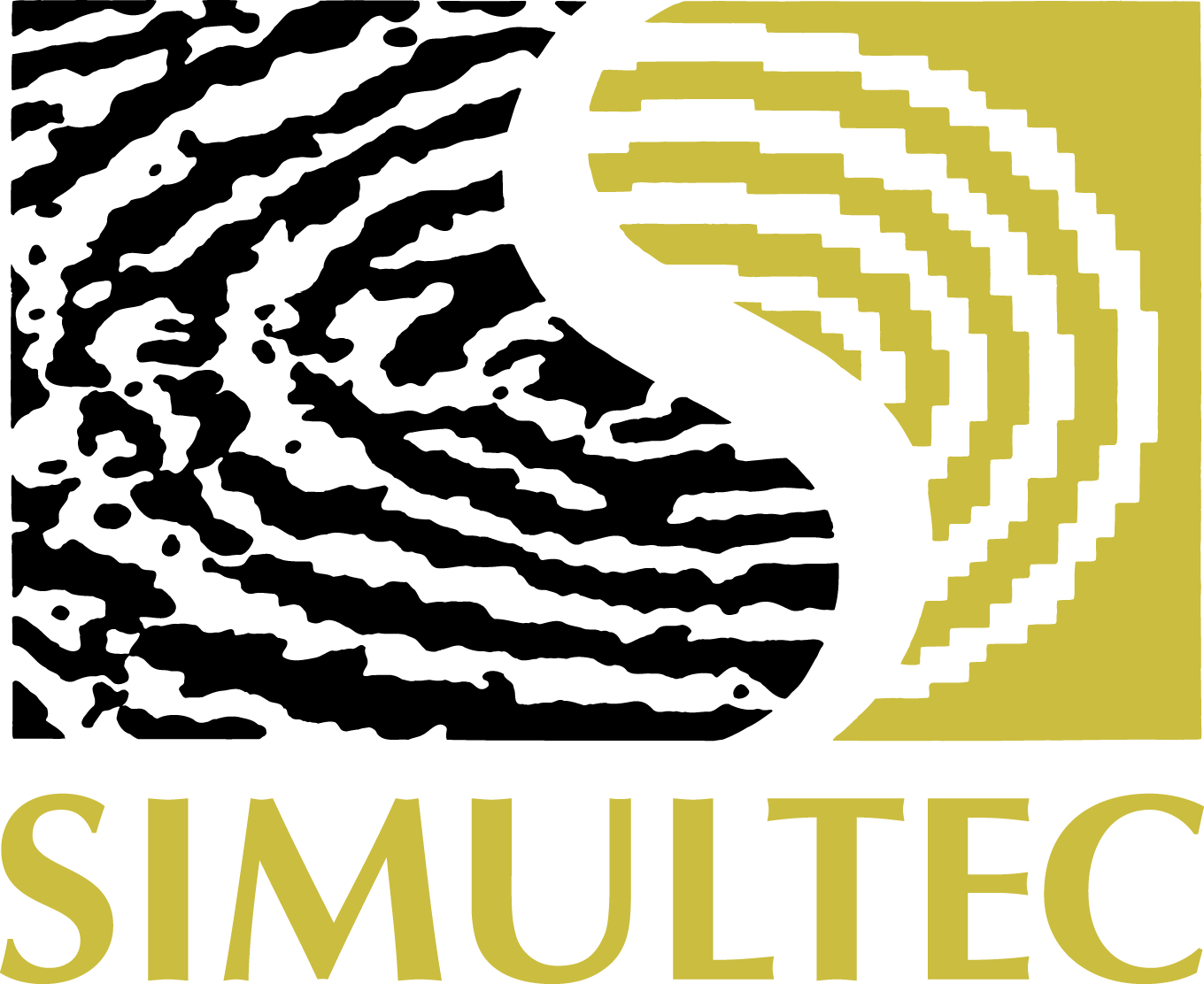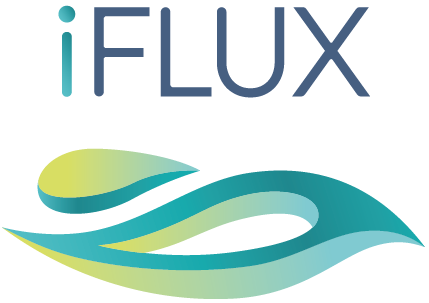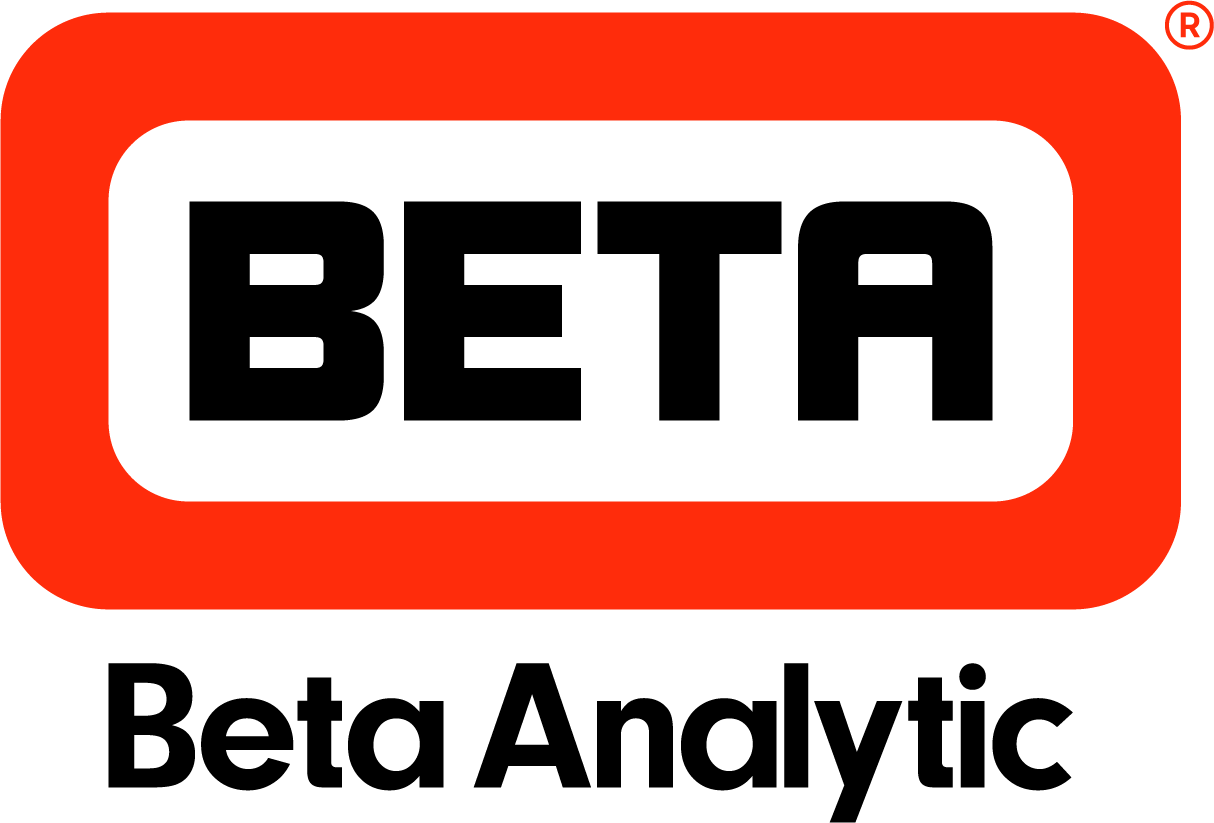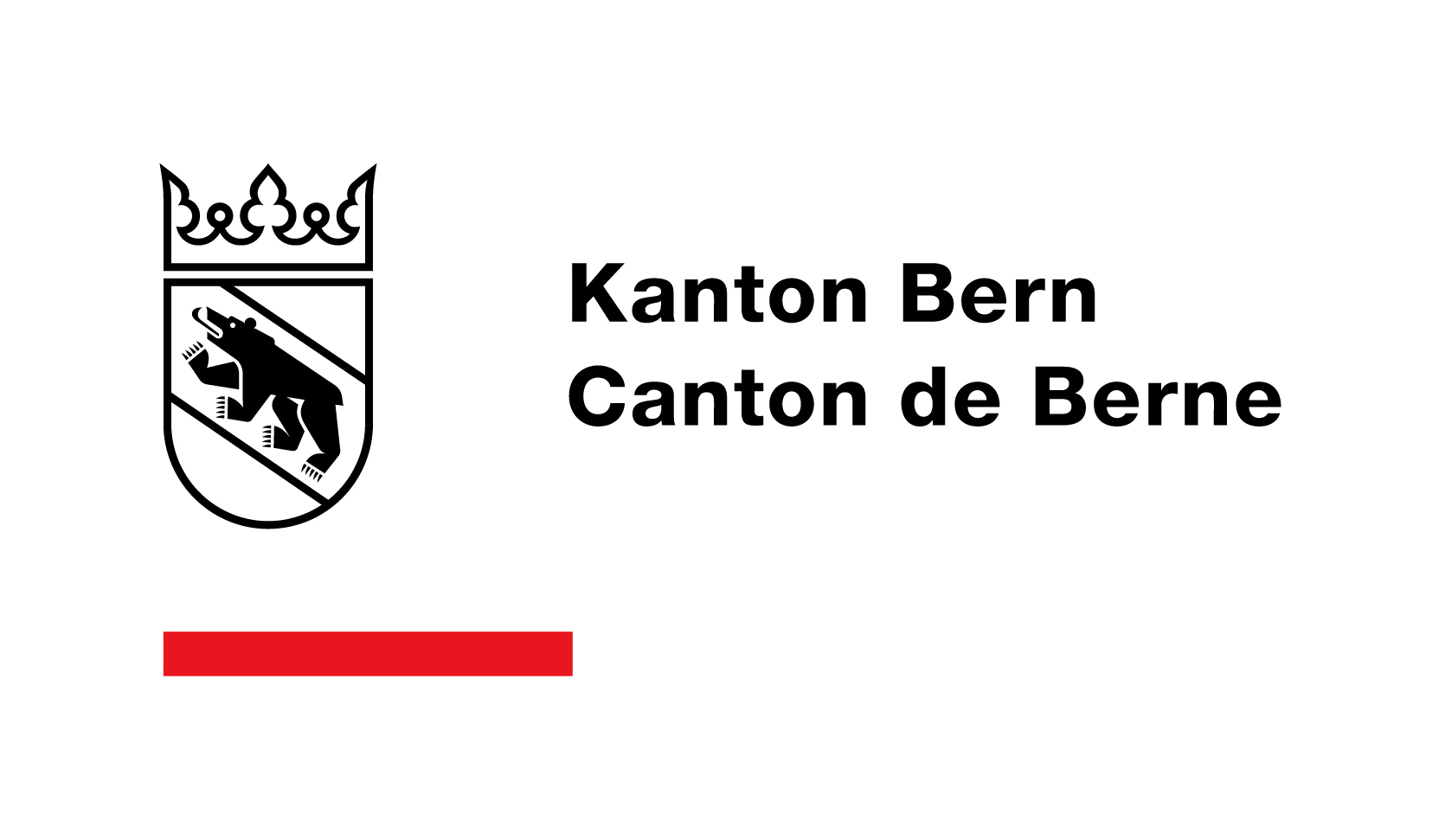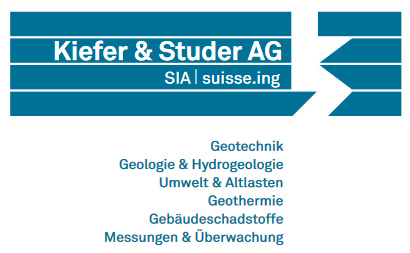SWISS DAY @ WORLD GROUNDWATER CONGRESS -12.9.24
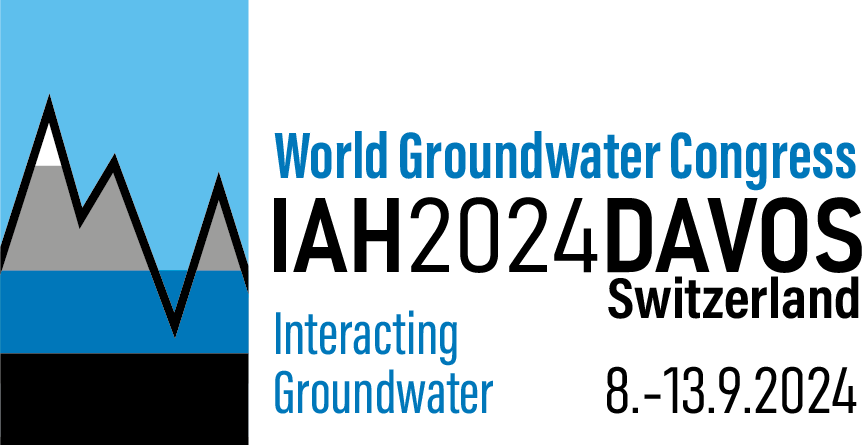

Le “World Groundwater Congress” est la plus importante manifestation internationale consacrée aux eaux souterraines sous l’égide de l’International Association of Hydrogeologists (IAH)”. Pour la première fois depuis 30 ans, le congrès se déroulera en Suisse et est organisé par la Société suisse d’hydrogéologie (SSH) et le Centre d’hydrogéologie et de géothermie (CHYN) de l’Université de Neuchâtel. Pendant cette semaine de manifestation au centre de congrès de Davos, 600 à 900 participants issus des milieux scientifiques, administratifs et économiques échangeront les dernières connaissances sur le thème des eaux souterraines, présenteront des méthodes innovantes et discuteront des défis urgents. Le congrès offre une occasion unique de mettre en avant les compétences suisses en matière d’eaux souterraines au niveau international et de profiter des connaissances d’acteurs internationaux. La manifestation se déroulera en anglais.
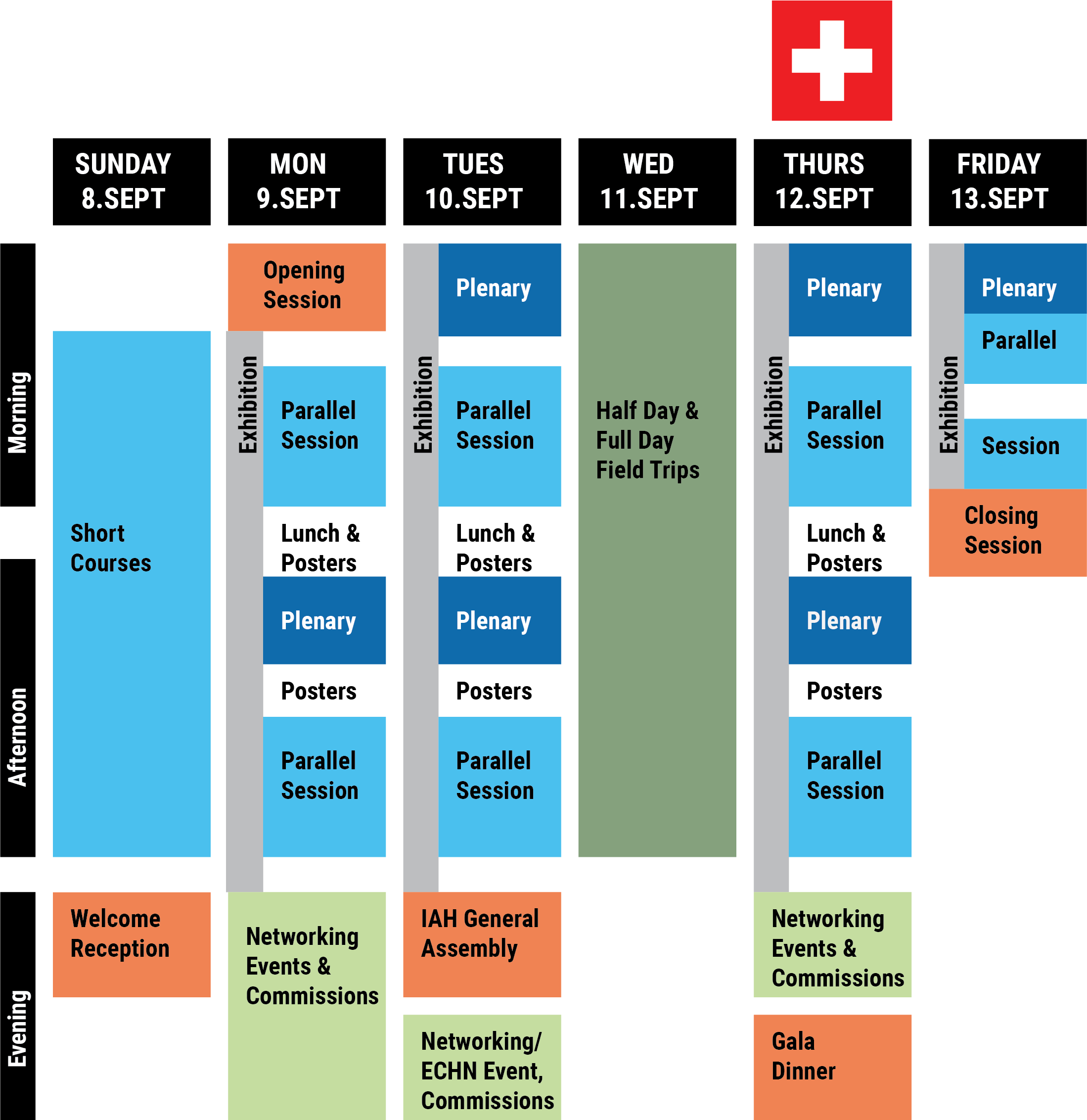
APERCU DU PROGRAMME
Le programme se compose de différents formats. Des tables rondes permettront de discuter des défis et des tendances globales dans le domaine des eaux souterraines. L’accent sera mis sur des thèmes généraux tels que le changement climatique, les stratégies pour une gestion intégrée des eaux souterraines ainsi que les développements dans la recherche et la formation de la prochaine génération d’hydrogéologues. Plusieurs sessions parallèles avec de courtes présentations permettront de présenter et de discuter de nouvelles connaissances et de résultats actuels issus d’études de cas sur un large éventail de sujets. Une exposition tout au long de la semaine offrira la possibilité de présenter des produits et des services. Des excursions, diverses manifestations annexes à Davos et dans ses environs ainsi que des cours de courte durée créeront des occasions supplémentaires d’échanger avec des spécialistes internationaux sur les eaux souterraines.
THEMES DU SWISS DAY
Délais:
Inscription à l’événement : de avril au 31 juillet.
Inscription pour participer à l’exposition en tant que sponsor : de février au 18 Aout
Une inscription est possible pour le Swiss Day uniquement ou pour toute la semaine (excursion comprise).
Frais d’inscription:
300 CHF, Membres SSH 250 CHF, Etudiants 150 CHF
Le jeudi 12 septembre 2024, le Swiss Day, l’accent sera mis sur des thèmes pratiques et particulièrement actuels pour la Suisse. La motivation derrière le Swiss Day est de présenter les compétences suisses sur une scène internationale et de profiter des connaissances de nos collègues internationaux. Les thèmes ci-dessous peuvent faire l’objet de courtes présentations (12 min) ou de posters pour le jeudi, tous deux en anglais. Cliquez sur le symbole + pour en savoir plus sur les thèmes.
River-groundwater interaction
Gmünder, Christian; Simultec, Switzerland
Fleckenstein, Jan; UFZ, Germany
Frei, Sven; Universität Bayreuth, Germany
Groundwater is an integral part of the hydrologic cycle and interacts with surface waters (rivers, wetlands, lakes) across different spatial and temporal scales. These interactions modulate the exchange of water, solutes and energy across critical interfaces to rivers, floodplains, wetlands and costal zones with implications for water quantity (e.g. environmental flows, groundwater recharge), water quality (e.g. eutrophication, pollutant buffering) and aquatic ecology (e.g. aquatic fauna, spawning habitat). Understanding groundwater (GW) – surface water (SW) interactions is therefore vital to sustain water quantity and quality as well as healthy aquatic ecosystems.
For example, degraded river systems with clogged river beds may affect drinking water supply form bank filtration due to low infiltration rates and low oxygen saturation. River revitalization projects may improve the situation, but their effects on river – groundwater interactions are still poorly understood. While revitalization may enhance river bed permeability, which would benefit water supply from bank filtration, longer and more frequent drought periods due to climate change could in turn threaten minimum flows vital for the aquatic fauna.
Drought Impacts on Groundwater Systems: Processes, Assessment and Prediction
von Freyberg, Jana; Federal Office for the Environment FOEN, Switzerland
Brauns, Bentje; British Geological Survey, UK
Van Loon, Anne; Vrije Universiteit Amsterdam, Netherlands
Lena Tallaksen; University of Oslo, Norway
Bloomfield, John; British Geological Survey, UK
Möck, Christian; EAWAG, Switzerland
The frequency of drought events has increased worldwide, including in Switzerland, and climate forecasts indicate a further increase in the future. While surface water systems such as rivers and lakes are extensively studied for the effects of droughts, our ability to collect and interpret data from groundwater systems remains limited. There is an urgent need to better understand the processes to assess and predict the impact of droughts on groundwater quantity and quality, especially in regions that are highly dependent on groundwater for purposes such as drinking water production, agriculture and ecosystem functioning. In addition, overexploitation of aquifers in times of drought can further exacerbate the stress on groundwater resources. For sustainable water management, it is therefore necessary to assess the vulnerability of groundwater systems to droughts and develop strategies to improve the resilience of groundwater-dependent ecosystems and human communities and activities to drought events.
This session invites contributions that address the following questions How can we assess the vulnerability of aquifers to drought? What methods exist to quantify the impact of droughts on groundwater quantity and quality? What modeling approaches are best suited to predict groundwater response to drought? How can these metrics and modeling results be incorporated into effective aquifer management? The session also aims to identify key knowledge gaps and research priorities in the area of groundwater and drought.
Groundwater temperatures in the context of global warming and anthropogenic influences - risks and opportunities
Epting, Janis; University of Basel, Switzerland
Menberg, Kathrin; Karlsruhe Institute of Technology (KIT), Germany
Egidio, Elena; Università degli Studi di Torino, Italy
Bayer, Peter; Martin Luther University Halle-Wittenberg, Germany
Increased thermal use of the subsurface, including passive heat inputs from infrastructure development and active usage of aquifers for cooling purposes or increased managed groundwater recharge in the summer months inevitably lead to an increase in groundwater temperatures. Future global warming combined with anthropogenic adaptation strategies, such as an increased use of groundwater for thermal purposes, will put even more pressure on the thermal state of groundwater resources.
Rising groundwater temperatures in the context of global warming come along with risks and opportunities. On the one hand, solutions have to be found to mitigate the negative effects of climate change on water resources, such as temperature-induced changes in chemical composition and potentially detrimental impacts on groundwater ecosystems. On the other hand, there is great potential for the simultaneous use of thermal energy, in particular for storage and heating purposes. Climate change adaptation strategies should therefore be an integral part of the sustainable management of water resources. In particular, there are opportunities related to unused anthropogenic waste heat, especially in the subsurface of urban areas, and the energy potential that could be tapped through suitable construction measures.
We welcome contributions that introduce new monitoring and modelling approaches, as well as strategies and feasibility studies for the thermal management of urban and rural groundwater resources in the context of climate change, (geo)thermal potentials and possibilities for adaptation measures. Moreover, we also encourage the submission of abstracts on the subject of the impact of temperature variations in groundwater on groundwater ecosystems.
Groundwater and urban development
Schirmer, Mario; EAWAG, Switzerland
Hartog, Niels; KWR Water Research Institute, The Netherlands
Nlend, Bertil; University of Douala, Cameroon
Fallas, Helen; British Geological Survey, UK
Dassargues, Alain; University of Liège, Belgium
Cetinkaya, İrem Daloglu; Bogazici University, Turkey
Jampani, Mahesh; International Water Management Institute, Sri Lanka
Gogu, Radu; Technical University of Civil Engineering, Romania
Urban groundwater is an endangered resource as urban land use exerts enormous and very complex pressures on this resource. This session will provide an overview of urban groundwater studies in the context of urban water management, advances in hydrogeological investigation, monitoring and modelling techniques for urban areas, and highlight the challenges. Techniques for measuring pollutant concentrations, water balancing, and pollutant load estimations will be presented. To fully understand and quantify the complex urban water systems, we need to further develop our methods and combine them with new modelling approaches. In addition, it is essential to enter into an in-depth dialogue with people from urban planning, urban drainage and politics as well as the general public to raise awareness of groundwater. Only in this way will we be able to sustainably manage our water resources in and around our urban areas and incorporate them into future urban planning.
For this session we invite especially but not exclusively contributions on the following subtopics:
1. Sustainable management of urban groundwater resource, including water supply from urban groundwater, urban groundwater resource assessment and system analysis, urban groundwater protection, soil and groundwater contamination and remediation, urban water balance, drainage and recharge
2. Groundwater interactions with ecology and the built environment, including dewatering during urban construction, groundwater interactions with urban structures (e.g. subsidence, foundations, infrastructure)
3. Urban groundwater as source and storage for sustainable heating and cooling, including the use of groundwater source heat pump systems, ground source heat pump systems, aquifer thermal energy storage (ATES) systems
Agricultural impacts on groundwater quality: Advanced diagnosis, measurement and mitigation techniques
Otero, Neus; Universitat de Barcelona, Spain
Torrento, Clara; Universitat de Barcelona, Spain
Bicalho Bizet, Cristina; SCE Aménagement & Environnement, France
Moinet, Francois Xavier; SCE Aménagement & Environnement, France
Kloppmann, Wolfram; BRGM, France
Baran, Nicole; BRGM, France
Gooddy, Daren; BGS, UK
The 2030 Agenda for Sustainable Development acknowledges the importance of water quality and includes a specific water quality target in Sustainable Development Goal 6. From an environmental perspective, agricultural activities, including crop production and livestock, remain at the core of water quality problems in many parts of the world. The intense use of synthetic fertilizers has increased nitrate content in groundwater to distressing levels for both human and ecosystem health. The global P cycle has also been affected by crop fertilization. Organic fertilizers are also responsible for the introduction of veterinary pharmaceutical products, such as antibiotics, to the subsurface. Moreover, the use of pesticides and their leaching to surface and groundwater can pose risks for aquatic life and water supply. In a context of decreasing water quality, diagnosis, monitoring tools, and mitigation techniques are key aspects for water management.
This session aims to address the challenges and latest advancement with regards to diagnosis (who is the main responsible of pollution), monitoring tools (what is the fate of contaminants in the environment) and mitigation techniques (how can we enhance water quality) of groundwater pollution from agricultural sources, including N, P, and contaminants of emerging concern (CECs) such as pesticides and livestock antibiotics. Topics of interest include, but are not limited to, advances in the characterization of CECs from agricultural origin (including novel compounds and transformation products), multi-tracer techniques for source apportionment (e.g. chemical, isotopic methods, microbial source tracking,…), measurements to trace the fate of contaminants in the environment (chemical, multi-isotopic, non-target analysis and compound specific isotopic analyses of CECs, microbial characterization, estimation of water and contaminant transfer times, and modelling), and mitigation techniques for non-point sources of pollution (specially in situ prevention and remediation techniques and nature-based solutions).
We invite submissions from researchers, and industry experts to share their knowledge and experience in these topics. We also welcome water managers to share their challenges when dealing with agricultural-derived pollution. We aim for a broad geographical representation in the session, and invite all career stage (students, junior, senior, retired) participants to contribute.
Navigating 21st Century Challenges in Groundwater Quality
Boving, Tom; University of Rhode Island, US
Wanner, Philipp; University of Gothenborg, Sweden
Sakambari, Padhi; University of Tokyo, Japan
Groundwater quality is at the forefront of 21st-century concerns, encompassing environmental, social, and economic dimensions. Even as an ‘invisible’ freshwater resource, it plays a foundational role in sustaining both human activities and ecosystems. As we delve deeper into the complexities of groundwater resources management, it becomes increasingly evident that groundwater quality is a pivotal factor in ensuring the well-being of millions who rely on it for drinking water, food production and manufacturing, as well as for preserving natural ecosystems. It is thus imperative that we continue efforts to monitor and protect this precious resource, especially in the face of increasing pollution and emerging challenges, including direct human activities such as industrial processes, agriculture, and urbanization, as well as climate change induced processes including droughts and sea-level rise induced salinization of fresh groundwater reserves. In this session, we aim to shed light on the multifaceted challenges that groundwater quality encounters in the 21st century, emphasizing its crucial role as the largest global freshwater resource and help to secure its status as a reliable and accessible water source for generations to come. We invite contributions spanning a wide spectrum of topics, including:
1. Emerging Contaminants
2. Climate Change and Hydrogeochemical Processes
3. Groundwater Salinity related to Food, Health and Biodiversity
4. Innovations in Modelling
5. Innovations in Monitoring and Observation
6. Environmental Consequences of Economic Activities
7. Health Challenges
8. Groundwater Treatment Technologies
9. Knowledge Transfer and Governance
10. Financing and Funding
Converting data into answers
Cochand, Fabien; CSD Engineers, Switzerland
Lotti, Francesca; Hydro Symple, Italy
Decisions require information. Information resides in data. Data is processed to harvest its information. Data-processing can be as simple as basic time series analysis, or as complex as environmental model history-matching. Regardless of how data are processed, the goal is the same. It is to present information to decision-makers in forms that they can use.
The Interplay between Geothermal Energy and Groundwater Use in the Energy Transition
Valley, Benoit; University of Neuchâtel, CHYN, Switzerland
Brehme, Maren; ETH, Switzerland
Saar, Martin O.; ETH, Switzerland
Villasenor, Eileen; WSP, UK
Gizzi, Martina; Politecnico di Torino, Italy
Taddia, Glenda; Politecnico di Torino, Italy
In the evolving landscape of the energy transition, the exploration and harnessing of subsurface resources emerge as an important avenue for developing energy solutions. This session delves into the intricate interplay between geothermal energy and hydrogeology, spotlighting the potential synergies and challenges that arise in the pursuit of sustainable energy alternatives. This includes the thermal exploitation of shallow or deep aquifers, but also the possibility of storing and recovering heat in aquifers.
Karst Hydrogeology III: Water quality, sustainability and ecosystems
Burg, Avi; Geological Survey of Israel, Israel
Goldscheider, Nico; Karlsruhe Institute for Technology, Germany
Karst regions offer a wide variety of natural resources and ecosystem services that require a holistic and sustainable approach. Approximately 9% of the world’s population depends largely or entirely on groundwater obtained from karst. Because the movement of water in karst terrains is usually fast, karst aquifers are highly vulnerable to chemical and biological pollution from natural and anthropogenic sources, which subsequently can bring hazards to human life and aquatic ecosystems. Many studies around the world focus on these pollution processes using a variety of hydrochemical tools, isotopic and tracers.Karst regions offer a wide variety of natural resources and ecosystem services that require a holistic and sustainable approach. Approximately 9% of the world’s population depends largely or entirely on groundwater obtained from karst. Because the movement of water in karst terrains is usually fast, karst aquifers are highly vulnerable to chemical and biological pollution from natural and anthropogenic sources, which subsequently can bring hazards to human life and aquatic ecosystems. Many studies around the world focus on these pollution processes using a variety of hydrochemical tools, isotopic and tracers.
Per- and polyfluoroalkyl substances (PFAS) in groundwater systems – How do they behave and how can we treat them?
Wanner, Philipp; University of Gothenborg, Sweden
Per- and polyfluoroalkyl substances (PFAS) have been widely detected in groundwater systems worldwide questioning the usage of untreated groundwater as a drinking water resource.
Despite the widespread detection of PFAS in groundwater systems, the knowledge is limited regarding the physical and (bio)chemical processes that affect PFAS in groundwater system and how we can benefit from them to develop effective PFAS treatment techniques.
To address this research gap, this session is welcoming abstracts that contribute to both A) an improved understanding the behaviour of PFAS in groundwater systems and B) the development of innovative treatment techniques. In this context a discussion of different PFAS threshold values for drinking water in different countries and their rationales is also of high interest in this session.
SOUTENIR LE CONGRÈS ET ÊTRE VISIBLE
Pour que le congrès soit accessible à un large cercle de participants, nous avons besoin du soutien financier de sponsors. Un sponsoring vous permet d’être visible auprès des spécialistes des eaux souterraines au niveau national et international, et si vous le souhaitez, dans le cadre de l’exposition pendant le congrès. Nous proposons différents forfaits de sponsoring allant de CHF 2’500 à CHF 20’000, qui comprennent, selon le forfait, des stands de différentes tailles et des entrées gratuites au congrès. Pour toute question concernant le sponsoring et l’exposition, contactez: sponsors@iah2024davos.org



